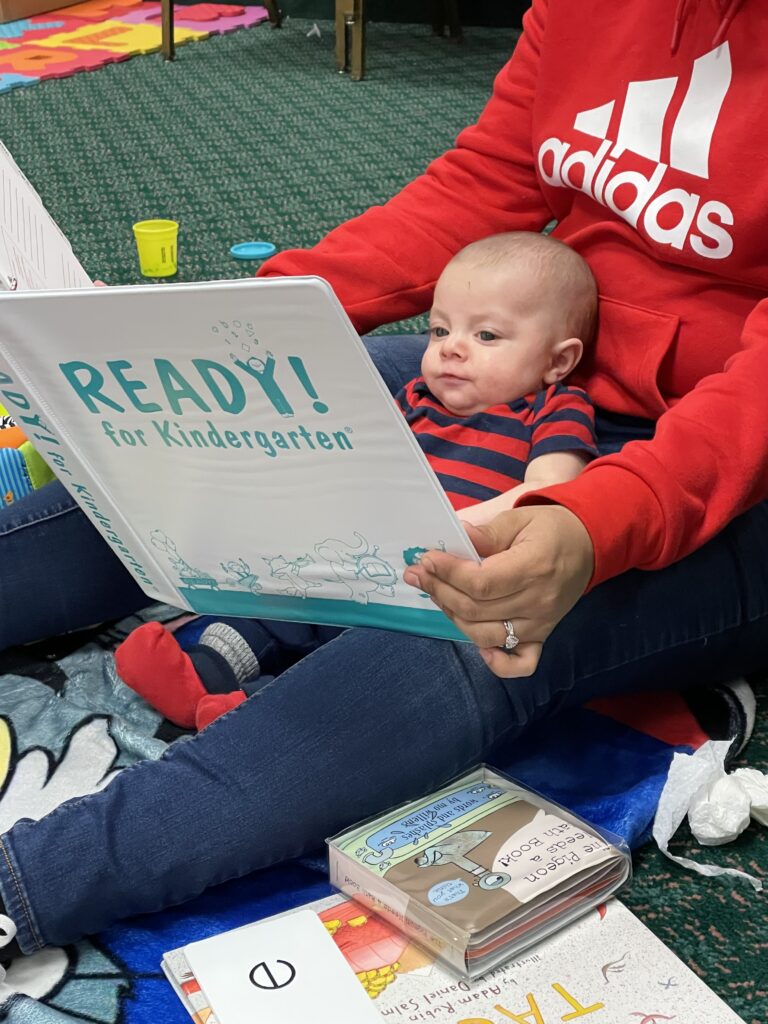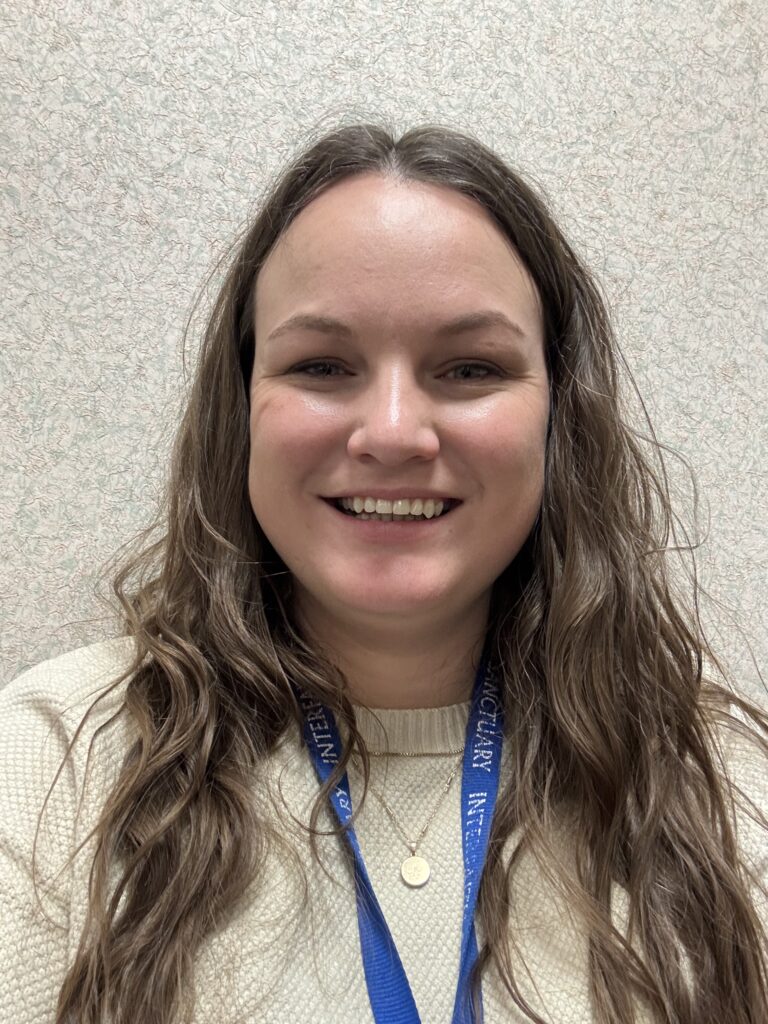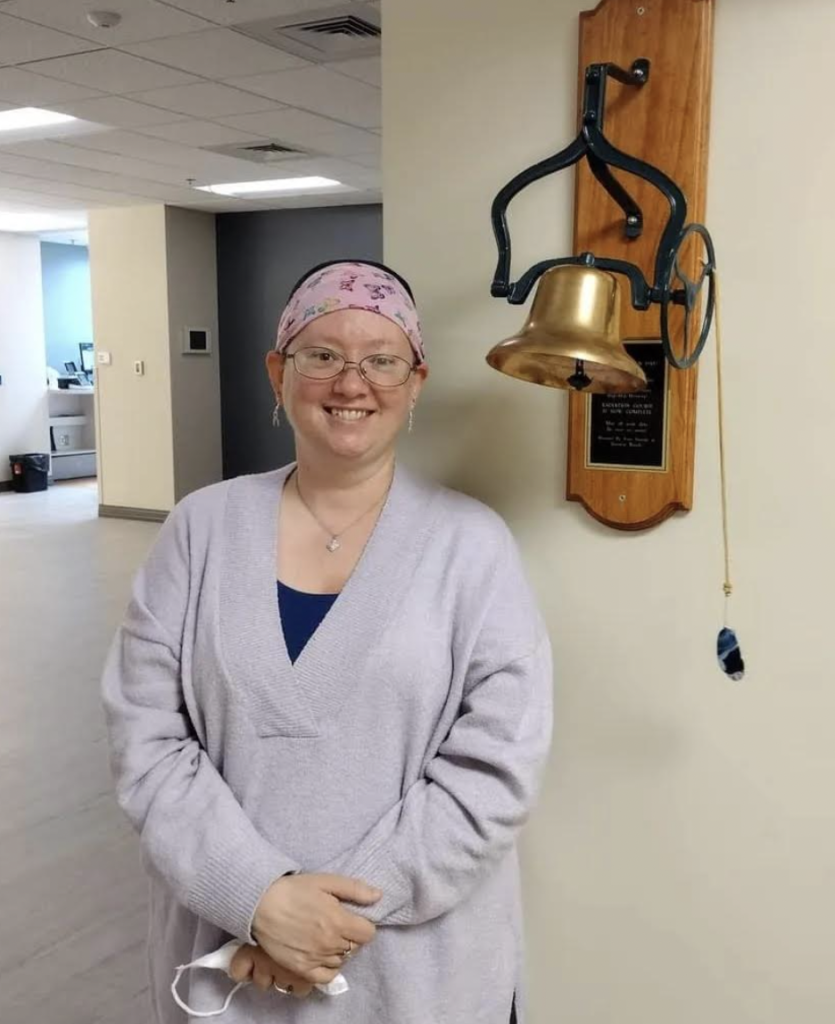By Molly Balison

Throughout Morgan Bernal’s childhood, a spiral of instability led her to live in a variety of places including her grandparents house, motels, and a shed without power or water alongside her 13-year-old sister Brittany, her mother, and her mother’s boyfriend. Her divorced parents, struggling with addiction, moved her and Brittany back and forth between California and Idaho, depending on who was more stable at the time. She remembers lying in the twin-sized bunk bed she shared with her older sister, hoping things would get better—too young to fully grasp the depth of the instability around her.
When Bernal was eleven, her 21-year-old sister, Ashley, found out her younger sisters were living in a shed and requested to take custody of her and Brittany. They spent two years in California before moving to Idaho to be near their eldest sister. Together, the four girls began to rebuild their family. That change inspired their mother to pursue recovery, seek freedom from addiction, and find work as a truck driver. The emotional upheaval and displacement Morgan experienced as a child lit a fire in her to one day help others through similar circumstances.
Now a Director at Interfaith Sanctuary, Bernal shares a deep empathy with the guests she serves—many of whom have lived through stories that mirror her own. She first encountered shelter work in May 2016 while studying social work. She joined Interfaith Sanctuary as a case manager, became the volunteer coordinator, and today, directs our hotel shelter, which houses both our Family and Medically Fragile Programs.
“I’ve learned that everyone has their own struggles and that their life story is more complex than recent events,” she said. “This work has made me a kinder and more supportive person.”

Interfaith Sanctuary was founded on the belief that everyone deserves a safe place to rest—regardless of race, religion, sexual orientation, or gender identity. The original shelter had two distinct sides: one for single adults, and the other for families—accommodating up to 50 family members in a dorm-style setup that created a village-like atmosphere. Families supported one another during this deeply challenging time. However, there was one major challenge: families had a place to stay at night but were forced to leave during the day and return at 5 p.m.
In 2017, a case manager submitted a proposal to Executive Director Jodi Peterson-Stigers to create programming that would allow families to stay sheltered 24/7 and receive wraparound services to stabilize and move forward.
That vision became the Family Daytime Program, offering case management and life skills training such as parenting, budgeting, stress management, GED preparation, and job interview coaching. According to Bernal, most families who complete the program do not return to homelessness.
While parents attended group classes, volunteers led preschool activities for children—circle time, songs, stories, and outdoor play on a playground donated by Bishop Kelly PATH.
When the pandemic hit in 2020, the Family Program transitioned into a hotel model with support from local government funding. Programming continued, and families finally had access to private rooms, bathrooms, and dedicated space to rebuild.
“I just want to make sure that parents have the tools they need to be the best they can for their kids,” Bernal said.
The impact has been profound. Staff members regularly witness guests overcome trauma, heal, and grow into more confident versions of themselves.
“Recently, we helped a single mom and her teenage son flee domestic abuse. They came to us with no resources, and we wrapped them in services and support. They moved into a sustainable living situation, and the mom still expresses deep gratitude for our team,” Bernal said.
As COVID relief funding decreased, the number of available hotel rooms dropped—from 57 to just 15. But the stories of transformation remained powerful.
April Kuper, a former guest and mother of four, entered the hotel program in 2021 during one of the hardest years of her life. After becoming homeless, she was diagnosed with breast cancer. “Having that living space to have my family together again was a big highlight,” she said. “We weren’t separated—just having that meant everything.”

Her children, ages 14, 11, and 7, helped clean and keep the room in order while she rested. Summer programs gave them fun, enriching experiences—movie outings, day camps, and trips to Bogus Basin. Her 20-year-old son entered Interfaith as a single adult and, with the help of staff, earned his GED, got his driver’s license, and gained valuable job experience.
Interfaith’s support helped Kuper rediscover her love for writing despite struggles with dyslexia and ADHD. Today, she’s a published author of five books—stories that started while she was still in shelter.
Seeing other guests find housing gave her hope. “I never gave up thinking, ‘That will be us soon,’” she said.
The growing need to serve more families and individuals motivated the creation of Interfaith Sanctuary’s new State Street campus. Staff are hopeful that its thoughtful design—including private rooms, more bathrooms, an outdoor playground, and learning spaces—will continue the healing work that began in the hotel program.
“I believe the design incorporates the best pieces of what made the hotel model successful,” Bernal said. “It brings together privacy, safety, and opportunity for growth.”
As Executive Director Jodi Peterson-Stigers stepped into leadership, Bernal noticed the family program grow in both scope and compassion. Seeing someone care about their situation gives families hope. And hope is a powerful step toward stability.
“They’re such caring people,” Kuper said of the Interfaith team. “Their hearts went out and they wanted to do so much. They gave us everything they could.”
She said the biggest lesson she learned from spending two years at Interfaith was, “never give up hope.”
